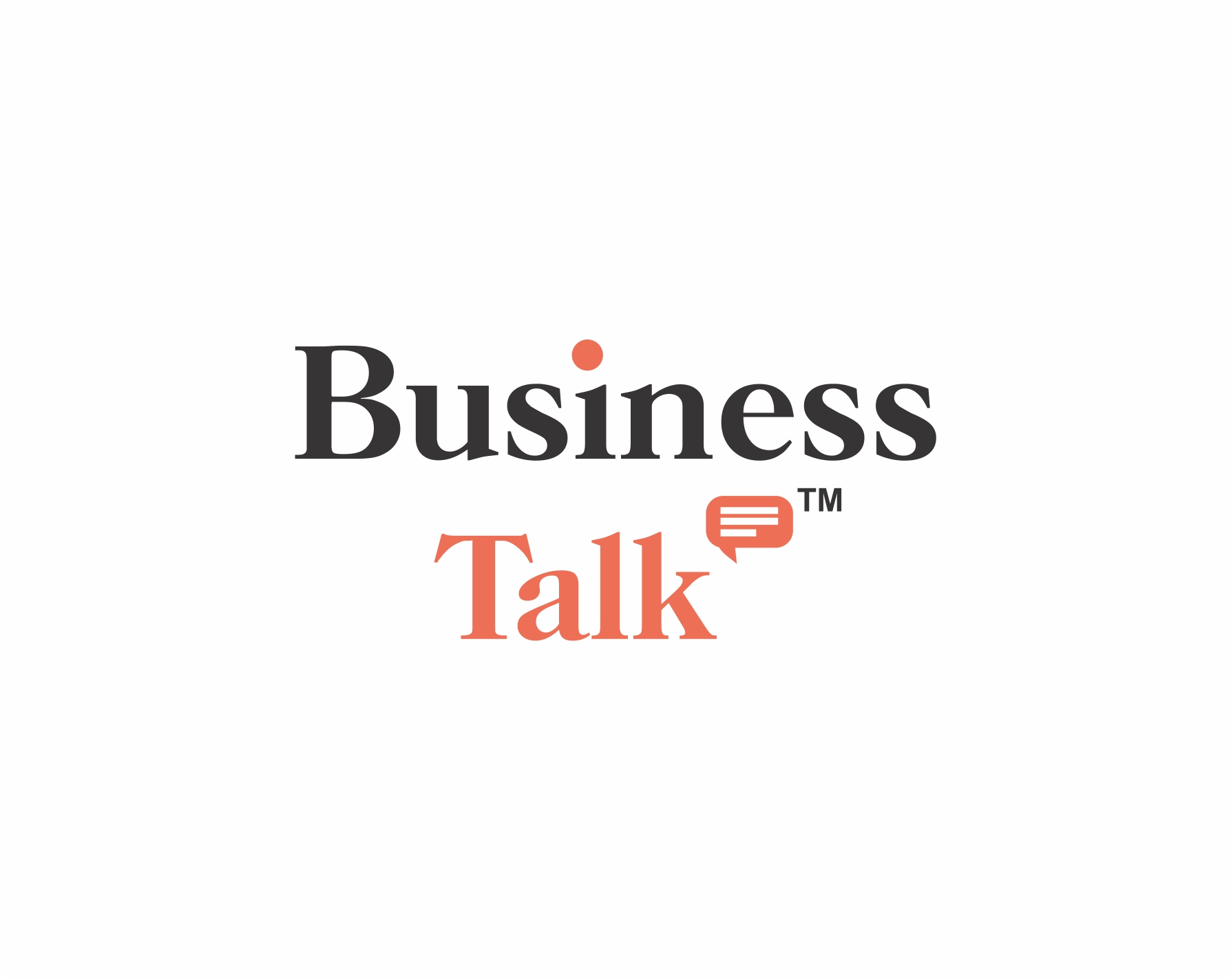It’s no secret that over the past few years, there has been an upsurge in the amount of cyber crimes committed. As a result, every business needs to be aware of its cybersecurity. SaaS providers, however, need to be aware of a unique set of issues. SaaS apps expose themselves to different SaaS cybersecurity concerns because their primary mode of operation is online. And because they prioritise expansion over security, many people are unprepared.
To keep up, organisations and their IT teams must inform themselves of the most likely cybersecurity risks of the moment. In order to prevent such risks, businesses can then put in place safety procedures and train their staff in best practises, all the while IT specialists patch and resolve any vulnerabilities. In conclusion, attentiveness is essential to avoiding these. Here are the top 10 SaaS Cybersecurity threats you must know in 2024.
Top 10 SaaS Cybersecurity threats you must know
1. Phishing attacks
SaaS applications continue to face a serious cybersecurity risk from phishing attacks. Users are tricked into supplying sensitive information, such as login passwords or credit card information, by fraudulent emails or websites, according to cybercriminals. Phishing attacks against SaaS services may target users and administrators who have access to private information. However, phishing assaults can be reduced by installing multi-layered verification and placing skilled personnel in place to monitor them. This is one of the SaaS Cybersecurity threats you must know.
2. Data Breaches
This has been and always should be among the top SaaS Cybersecurity threats you must know entails stealing client data, including private details like addresses, names, and credit card numbers. Customers’ trust and loyalty may be lost as a result, and the business may face legal and financial repercussions. SaaS businesses can take a number of precautions to safeguard against data breaches. Data encryption, web application firewalls, and intrusion detection systems are examples of effective security measures that can be put in place. Additionally, performing regular security reviews could be a wise move to find weaknesses.
3. Ransomware Attacks
This is a general hazard to all types of internet companies, not just SaaS apps. Cybercriminals encrypt a company’s data in ransomware attacks and demand money in exchange for the decryption key. SaaS programmes are vulnerable to ransomware attacks, which can harm a large number of users. Implementing routine data backups, training staff to spot system breaches, and building defences are all ways to combat ransomware attacks.
4. Distributed Denial of Service Attacks (DDoS)
In a DDoS attack, a hacker tries to render a network or server inaccessible by flooding it with requests from several different machines, causing the programme to crash or go down. Businesses that depend on SaaS software to function may suffer catastrophic effects from DDoS attacks. The best way to stay safe is to use firewalls or DDoS protection systems, and if you can, restrict incoming traffic to known IP addresses.
5. IoT Exploitation
As we are all aware, the Internet of Things (IoT) is a network of interconnected devices that allows for the storage of enormous amounts of data. But it also gives hackers access to a whole new set of weaknesses. Within five minutes of connecting to the internet, the typical smart device gets targeted. Hackers have easy access to stored data and associated networks. To protect your apps, try creating account names and login credentials, setting up antivirus and firewall software, and employing those apps’ security updates.
6. SQL Injection Attack
SaaS applications are most vulnerable to SQL injection attacks. Through these types of attacks, a hacker takes advantage of holes in the database of a SaaS programme to get access to confidential information or manipulate the behaviour of the application. In other words, they have the ability to steal sensitive information that is vital to a company or organisation, having a major adverse effect on assets of all kinds. Only input validation and parametric queries, including prepared statements, can keep you safe because they don’t let an attacker take over the application and change it to their benefit.
7. Malware attacks
In order to steal or damage data, hack servers, expose data, or encrypt files, malwares such as viruses, worms, ransomware, etc. often spread using phishing emails. They have the ability to sneak hazardous software into a network or computer, rendering the systems unusable. SaaS programmes are susceptible to malware assaults that can spread swiftly and have a significant user impact. For defence against attacks and routine malware scanning of the programmes, try putting anti-malware software in place.
8. Zero-day Exploits
Zero-day exploits are software flaws that were previously undiscovered to those who ought to be interested in mitigating them, such the target product’s vendor. Hackers might leverage the vulnerability to harm programmes, data, other computers, a network, or take over the SaaS application until it is fixed. Keep up with the most recent security patches and application updates to safeguard yourself against zero-day exploits. This is definitely one of the SaaS Cybersecurity threats you must know.
9. Supply Chain Attacks
Supply chain attacks are a real risk to almost every business. This includes SaaS providers. This is due to the fact that crooks hunt for the least secure link in a chain. In doing so, they occasionally have the ability to access the data of other organisations in the supply chain by breaking into one company. They might then be able to break in, phish, unleash ransomware, and other things to accomplish their ultimate objective. Cybercriminals frequently target big businesses. However, if required, they will pass through smaller businesses to reach the larger ones. To defend yourself, create an incident response strategy for supply chain assaults and try to maintain an innovative, secure infrastructure.
10. Man-in-the-Middle Attacks (MitM)
In a MitM attack, a hacker steals control of a communication channel by covertly relaying and possibly changing the conversations between two parties who believe they are speaking directly to one another. Information like passwords, social security numbers, bank information, etc. can all be accessed with it. This type of assault can be carried out in a wide variety of ways. For instance, financial login information might be taken by using a bogus banking website. Targets frequently include SaaS providers and online shops. Encryption is your strongest line of security against MitM assaults. It ensures that only the intended recipient will understand or utilise your data.
Conclusion
Those were the top 10 SaaS Cybersecurity Threats you must know. It can be challenging to keep up with and defend against emerging cybersecurity threats. Even the most robust cybersecurity system can’t guarantee protection from attacks since millions of hackers labour working to create new ways to attack faster than businesses can upgrade their defences. In the coming years, assaults will be built on top of technologies like cryptocurrency, AI, machine learning, and more.
While there is no long-term fix, improve your infrastructure with the help of a dependable security partner. You can relax knowing that you are protected as best as you can be.
Also Read:
- Top 10 Business Intelligence Training Institutes in India
- Top 10 Blockchain Development Companies
- Top 10 Cybersecurity Certifications to Boost your Career

Business Talk is a digital business magazine that caters to CEOs, Entrepreneurs, VC, and Corporates. While working with entrepreneurs and business executives, we focus not only on their achievements. Our mission is to shed light on business entities, including their innovations, technological benchmarks, USPs, and milestones/accolades.












